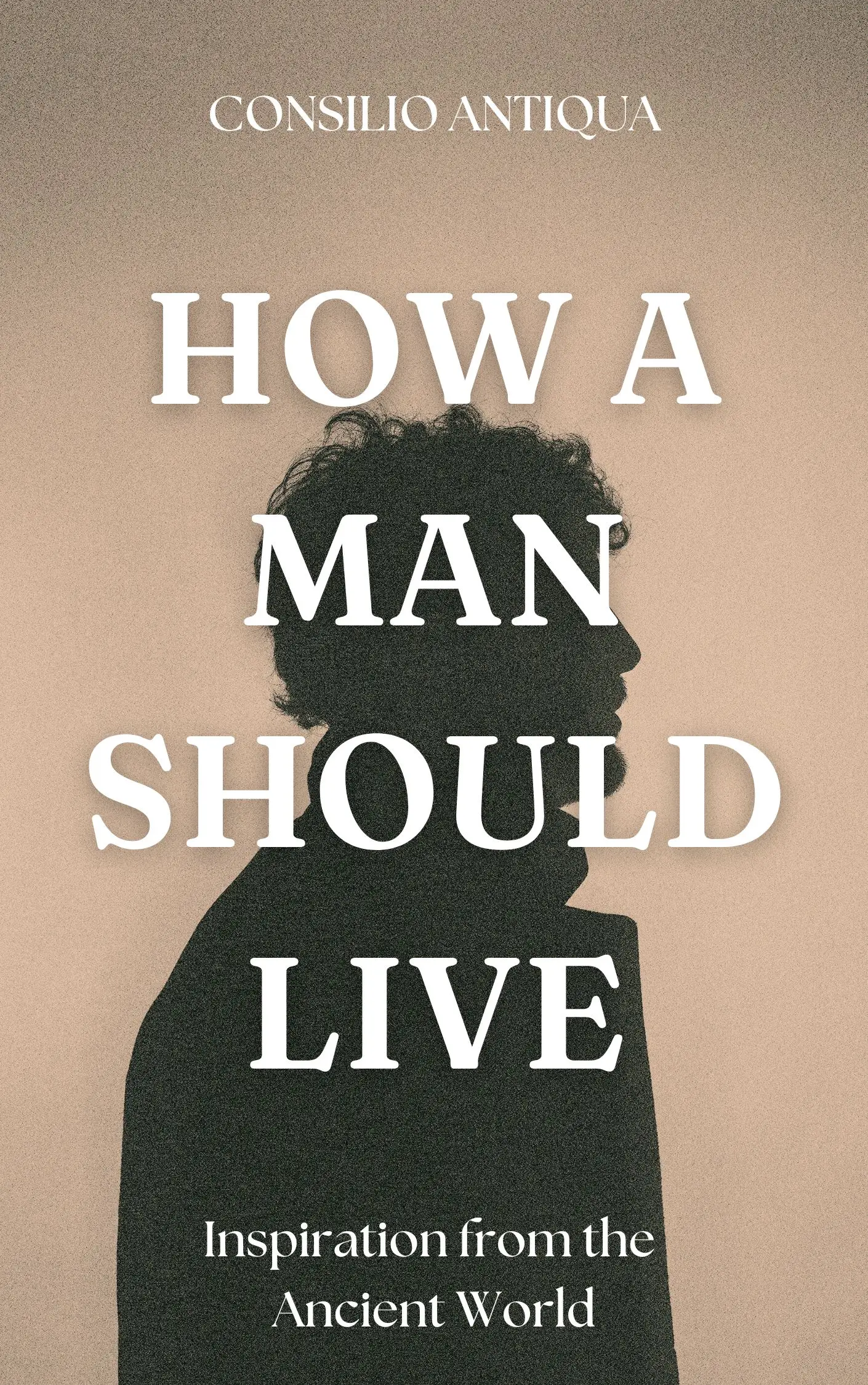
How a Man Should Live | Chapter Biography: Lycurgus
Chapter Biography: Lycurgus
The mists of time obscure the figure of Lycurgus, the legendary lawgiver of Sparta. Was he a historical figure, a cunning statesman who reshaped a nascent society, or a mythical construct, a symbol of a fiercely independent and militaristic culture? The truth, like the Spartan ethos itself, is shrouded in a deliberate ambiguity, a carefully crafted narrative designed to inspire awe and obedience. Yet, even within the haze of legend, the shadow of Lycurgus looms large, a testament to the enduring power of an idea, however flawed its execution.
His origins, like his life, are shrouded in myth. Some accounts place him as a descendant of the Heraclids, tracing his lineage back to the very foundations of Spartan royalty. Others paint a more ambiguous picture, suggesting a lineage of lesser nobility, a detail that perhaps speaks to the very nature of his reforms—a deliberate attempt to dismantle existing power structures and forge a new social order. His upbringing, undoubtedly steeped in the austere traditions of Sparta, would have instilled in him a deep understanding of the warrior ethos, a reverence for discipline, and a profound appreciation for the power of collective action. The very air he breathed was thick with the scent of iron and the murmur of military drills, shaping his character in ways that would forever define his legacy.
The details of his rise to prominence are equally elusive. Was it a gradual ascent, a careful cultivation of influence within the Spartan elite? Or was it a sudden eruption, a charismatic leader seizing power in a moment of crisis? The accounts vary, but the common thread is his unwavering commitment to his vision of a reformed Sparta. His reforms, attributed to him, were radical, a complete restructuring of Spartan society. The rigid social hierarchy, the communal lifestyle, the relentless military training—all bore the imprint of his legendary hand. He abolished private property, redistributed land, and instituted a system of communal dining, the syssitia, designed to foster unity and loyalty. The Agoge, the rigorous military education system, became the cornerstone of Spartan society, molding young boys into hardened warriors from their earliest years.
But even in the face of his seemingly monumental achievements, shadows lurk. The Spartan system, while undeniably effective in creating a formidable military machine, came at a steep price. Individual liberty was sacrificed at the altar of collective strength. The arts and intellectual pursuits were suppressed, replaced by a relentless focus on physical prowess and military discipline. The helots, the subjugated population that sustained the Spartan way of life, lived under a constant threat of violence, a grim reminder of the system's inherent brutality. The relentless pursuit of military excellence bred a culture of aggression and ruthlessness, a legacy that would haunt Sparta for centuries.
Lycurgus's relationships were as strategically crafted as his reforms. He navigated the complex web of Spartan politics with a shrewdness that belied his legendary status. He forged alliances, cultivated loyalties, and neutralized opposition with a combination of charm and unwavering resolve. The details of his personal life remain shrouded in mystery, but the very nature of his reforms suggests a man of deep conviction, willing to sacrifice personal comfort for the sake of his vision. His personality, as depicted in the surviving accounts, is a blend of stern resolve and quiet intensity, a man who understood the power of both force and persuasion.
Lycurgus's legacy is a complex and multifaceted one. His reforms shaped not only Sparta but also the broader Greek world, serving as both a model and a cautionary tale. The Spartan military machine, forged in the fires of his reforms, became a force to be reckoned with, shaping the course of Greek history for centuries. Yet, the very system he created ultimately contributed to Sparta's decline, its rigid structure proving unable to adapt to the changing political landscape. The ruthless efficiency of the Spartan military machine, paradoxically, led to its eventual stagnation, its inability to embrace innovation and adapt to new challenges.
The interpretations of Lycurgus vary widely. Some see him as a visionary statesman, a reformer who created a unique and powerful society. Others view him as a ruthless tyrant, a man who sacrificed individual liberty for the sake of collective strength. The truth, as always, lies somewhere in between. Lycurgus was a product of his time, a man who embodied both the strengths and weaknesses of his culture. His legacy continues to resonate, a reminder of the enduring tension between individual freedom and collective power, a tension that continues to shape societies even today.
The enduring power of Lycurgus's legend lies not in the certainty of his historical existence, but in the enduring questions his story raises. His reforms, however flawed, represent a profound attempt to shape a society according to a specific vision, a testament to the human capacity for both creation and destruction. The Spartan system, with all its contradictions and complexities, stands as a powerful symbol of the enduring human quest for order, strength, and ultimately, meaning in a world often characterized by chaos and uncertainty. The echoes of Lycurgus's legacy continue to reverberate through the ages, a reminder that even the most meticulously crafted systems can crumble under the weight of their own contradictions, leaving behind a legacy as complex and enigmatic as the man himself.
